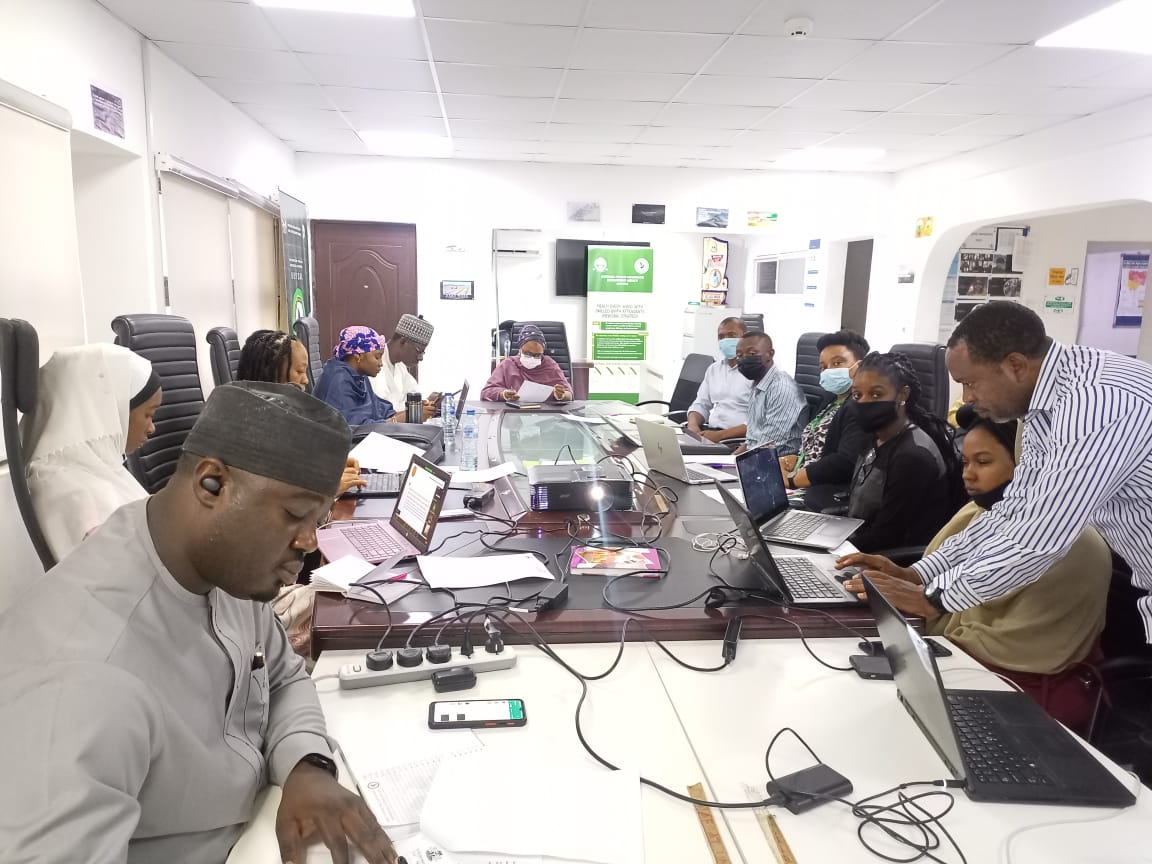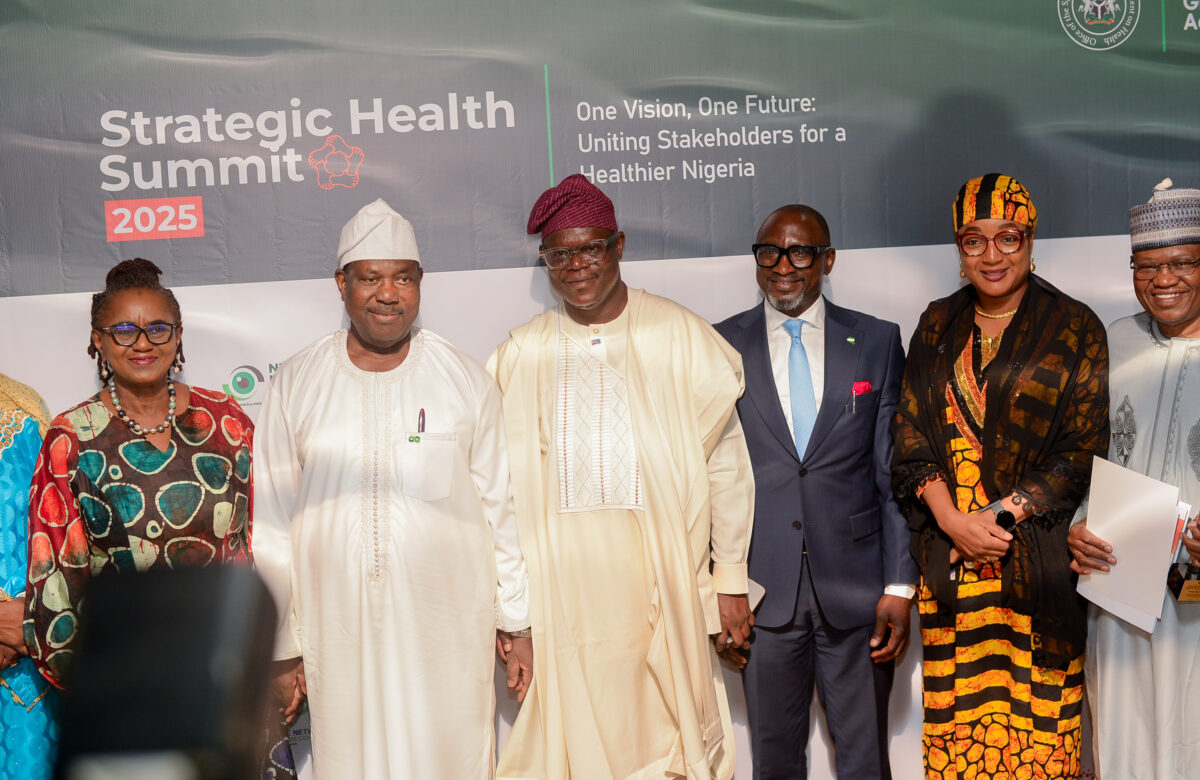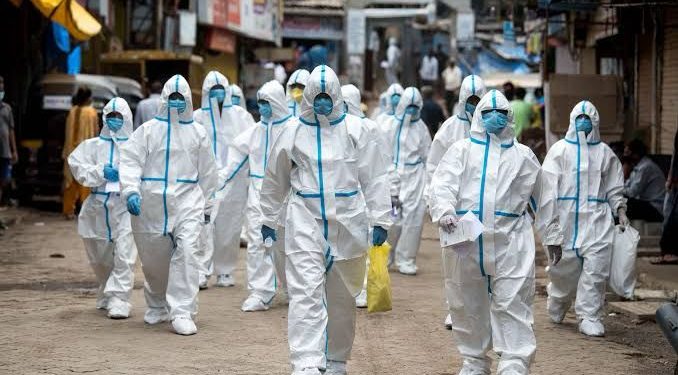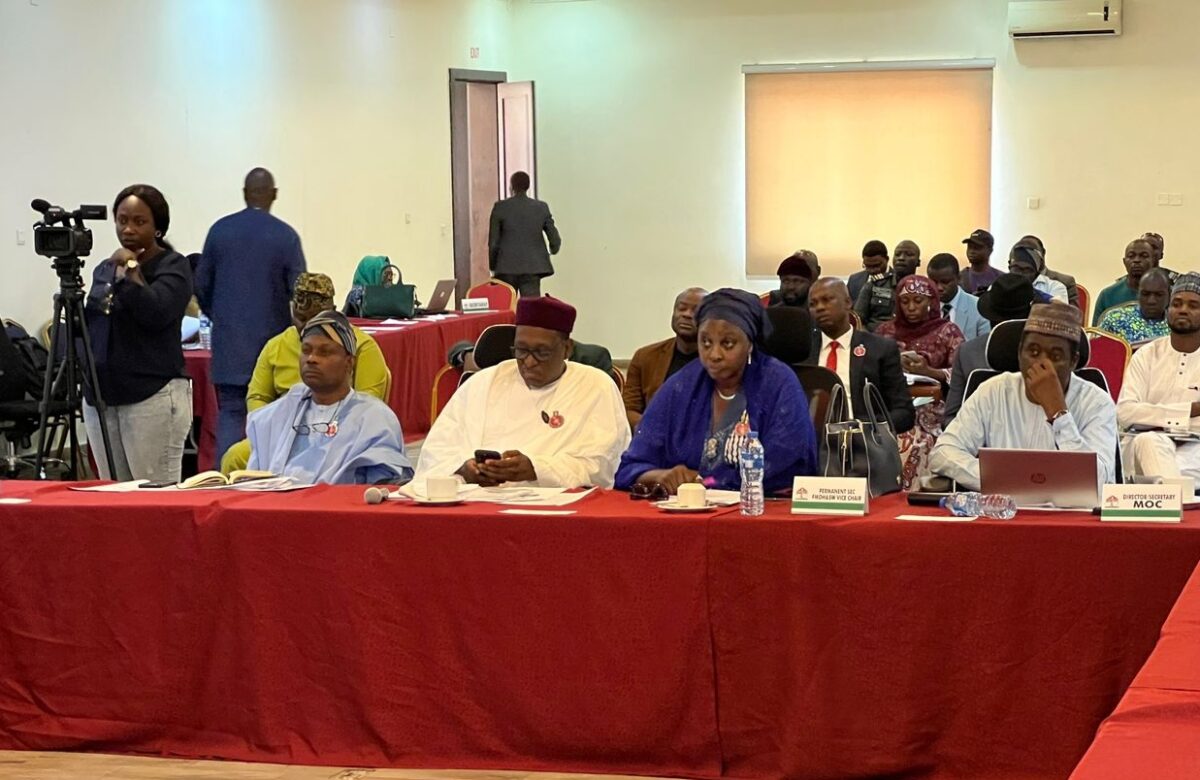
LISDEL COLLABORATES WITH NPHCDA AND AHBN ON STRATEGIC PARTNERSHIP TOWARDS RESILIENT HEALTH SYSTEM RMNCAH+N
- Health SectorSPAG Projects
- No Comment
- 469
A resilient health system is one which is able to effectively prepare for, withstand the stress of, and respond to the public health consequences of disasters. Resilient health systems are able to protect themselves and human lives from the public health impact of disasters and are critical to achieving good health outcomes before, during, and after disasters
Resilient health systems should be aware of the strengths and vulnerability of its building blocks and the spectrum of hazards and risks to which it is exposed. They should be able to respond to a wide range of public health issues before or during a disaster. Health systems should be able to quickly and effectively adapt to changing situations and should use integrated approaches for responding to public health events such as disasters; also a resilient health system should be able to regulate itself.
The meeting which held on the 26th of May, 2022 is looked at areas of critical concern with regards to RMNCAH+N service delivery in Nigeria; to understand preliminary requirements for a high-level Round Table conference/Dialogue on RMNCAH+N and to highlight other areas of partnership with NPHCDA.
The LISDEL team led by Hon Usman Muhammed and Juliana Abude-Aribo, thanked Dr Laila Umar and her team, and presented the Strengthening Government Partnerships and Advocacy in Primary Healthcare (SPAG) Project to her, seeking a collaboration with NEMCHIC. Mr Ademuyiwa, Project Manager LISDEL, talked extensively on LISDEL’s work and successes over the years.
Dr. Laila Umar, the Programme Manager of NEMCHIC at NPHCDA, in her welcome address – appreciated the commitment of LISDEL, Dr. Aminu Magashi, the CSOs, and other non-governmental organizations present for their interest in RMNCAH+N priorities.
She emphasized the need to help vulnerable women and children, especially those that are voiceless in the community suffering from different cases of preventable situations to improve the current situation of RMNCAH+N and improve the wellbeing of the entire country.
Zainab, in her presentation highlighted the status of RMNCAH-N in Nigeria. She stated that these deaths were actually preventable. She highlighted the issues on demand and supply of healthcare services and the impact on citizens, especially the most vulnerable. She stated that through NEMCHIC, high impact intervention will facilitate implementation.
Dr. Laila Umar described that, there are states that are exemplar when it comes to low rates of maternal and child mortality in Nigeria. A State like Lagos is an exemplar state, and is one other States can look at and learn from. She indicated the need for building a knowledge bank that will enable access and transfer of that knowledge to other states.
Dr. Aminu Magashi, the Executive Director of AHBN commented the scorecard been employed by Dr. Laila and her team for NEMCHIC be shared to monitor the implementation of the RMNCAH+N across the country. He indicated the need to amplify advocacy efforts, accountability and transparency, so as to strengthen and build the adaptation of the scorecard, to support the government in promoting implementation, performance, progress and accountability.
Dr. Munaya, in his presentation stated that scorecard is developed on quarterly basis and when engaged, all can benefit from its use in various States.
NEMCHIC is ready to collaborate and help improve the health indices of vulnerable women and children in Nigeria. The wellbeing of all will be improved, as challenges are addressed.
Contributed by Augustina Udoji, LISDEL





